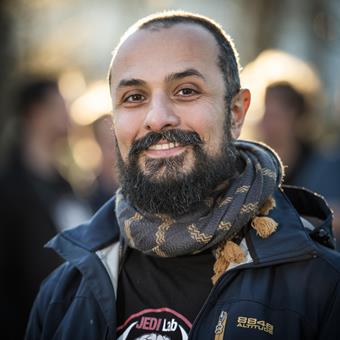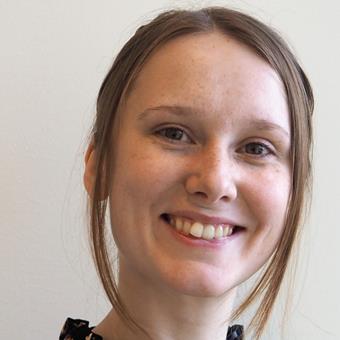The aim of our research is to understand everyday decision-making and its underlying processes, both at the individual level and at societal level. In particular, we investigate the interplay between intuition, reflection, and emotion in economic decision-making. We are interested in questions such as:
- When and why are individuals willing to forsake personal gain in order to help others?
- When and why do individuals make risky economic decisions?
- How do people assign value to payoffs at different points in time?
- How can the decision-making process be improved so that people make better decisions?
We address these questions using a variety of experimental methods, ranging from behavioral studies in the lab and in the field to more novel methods from behavioral neuroscience, including neuroimaging (fMRI), skin conductance, eye-tracking, and genetic data.
Want to participate in an experiment?
We are always looking for participants for our research. Register in our online subject pool for more information and to sign up for ongoing experiments.
















